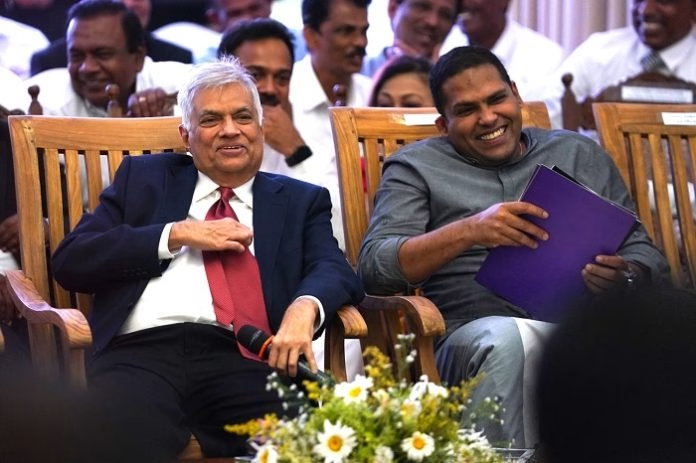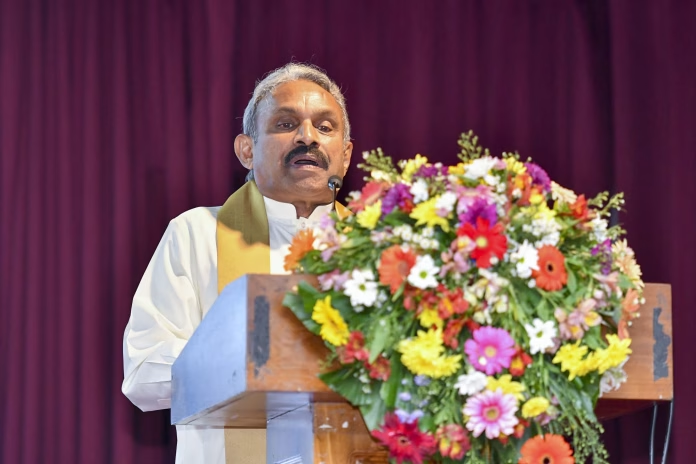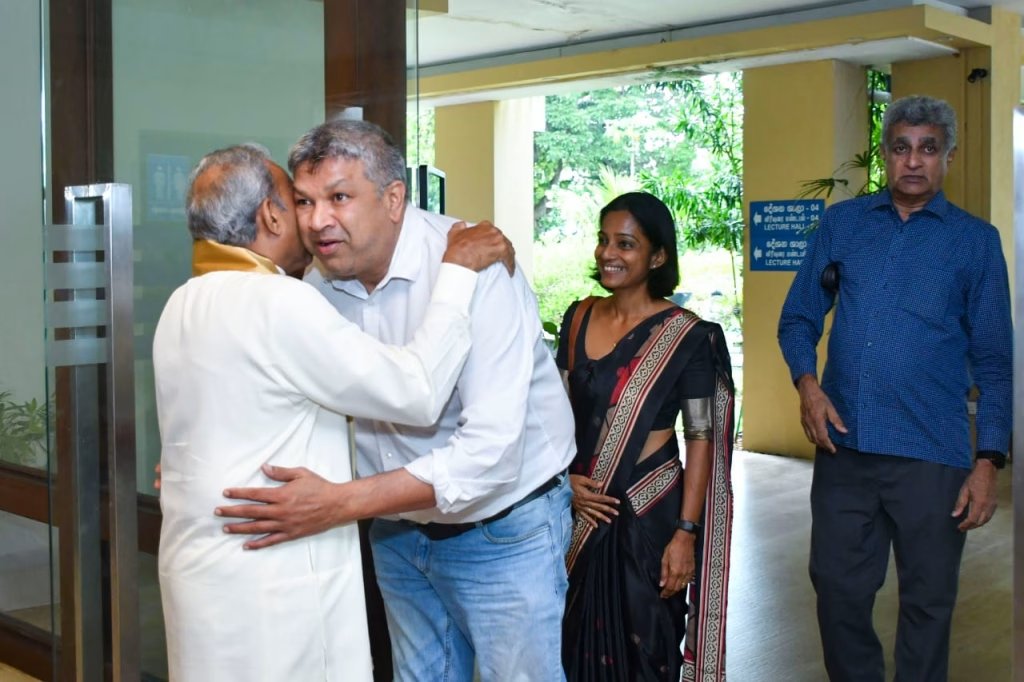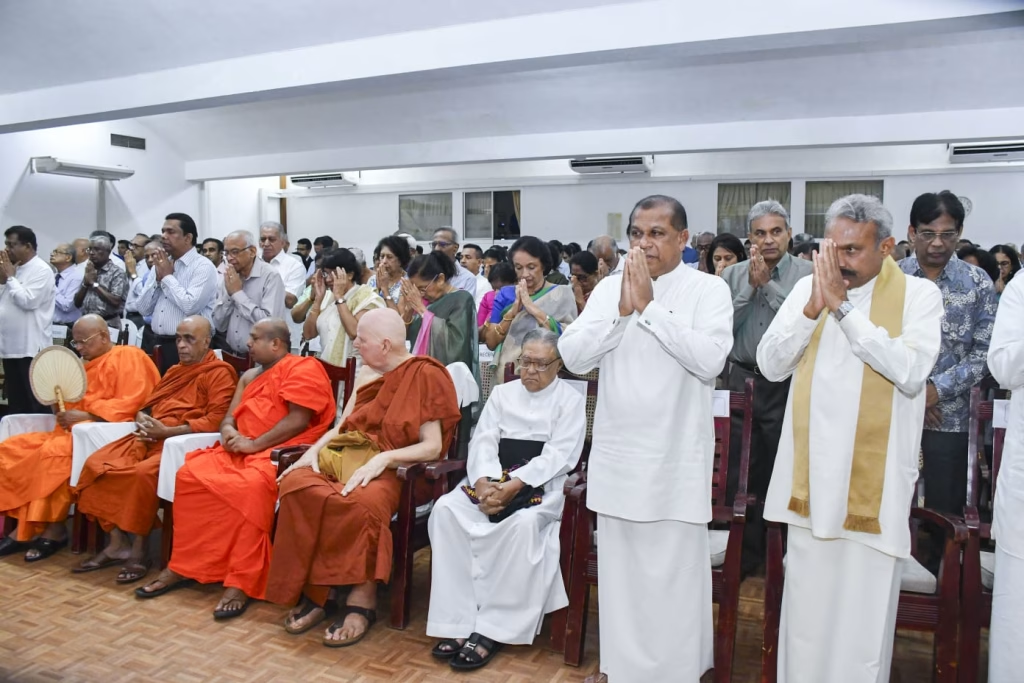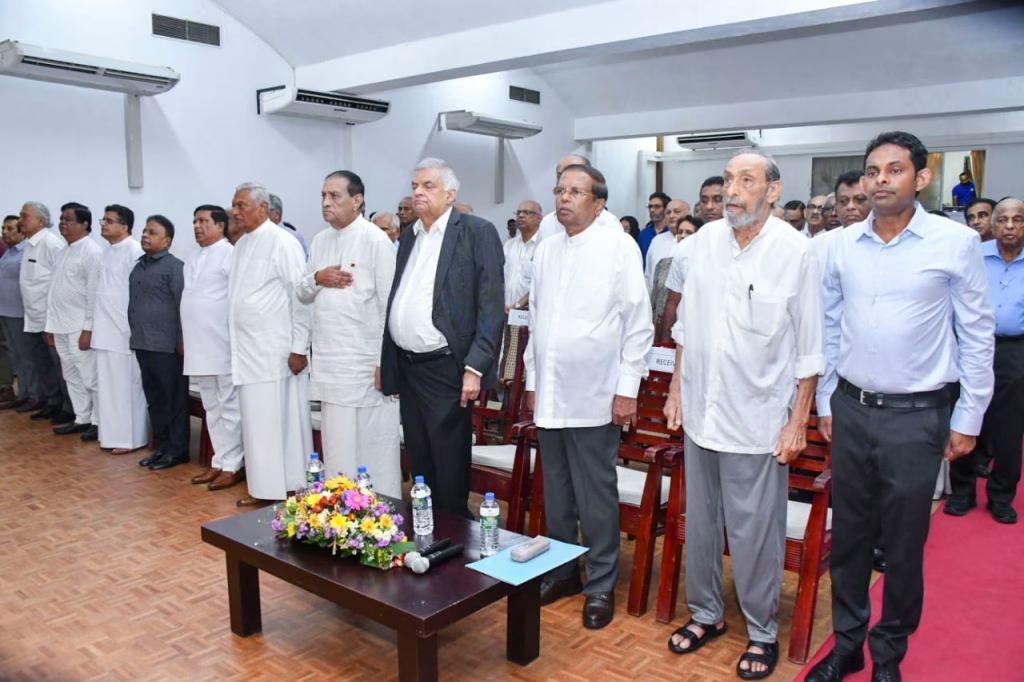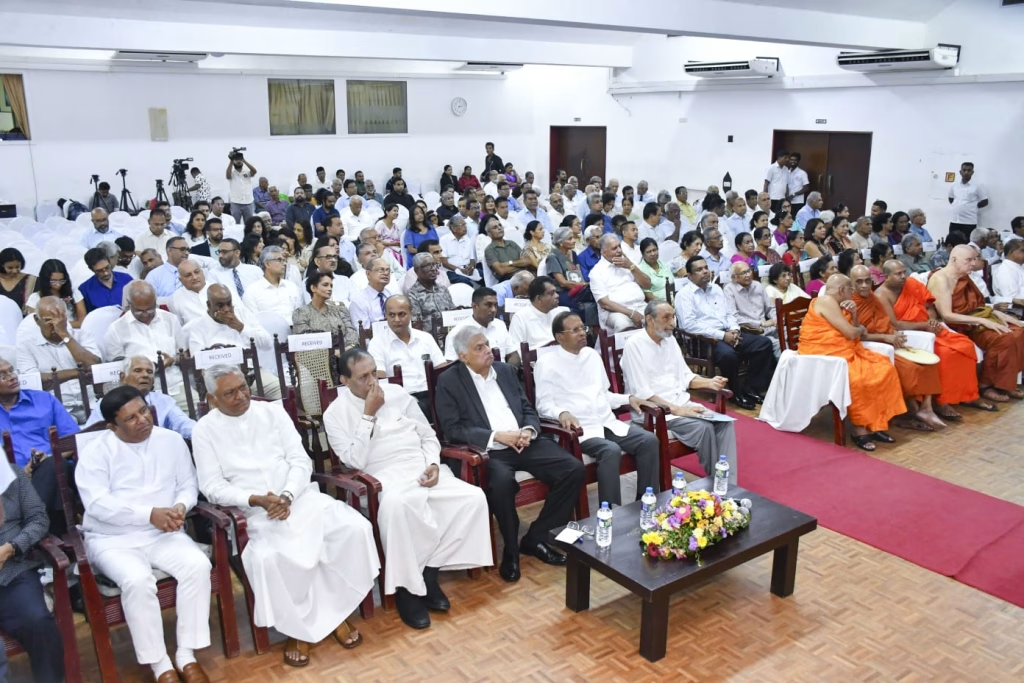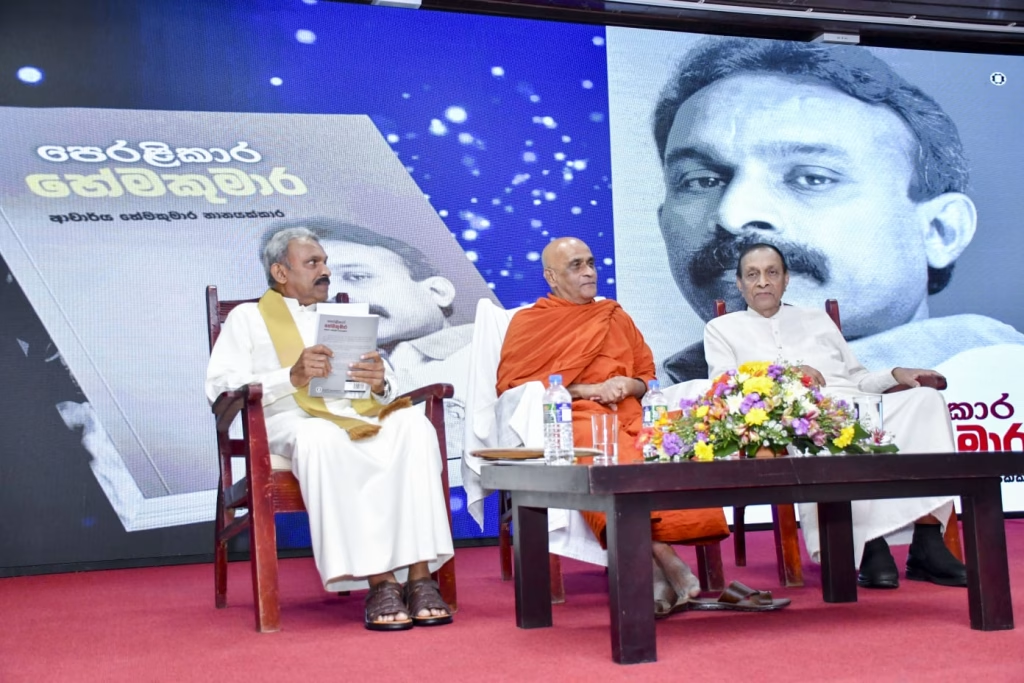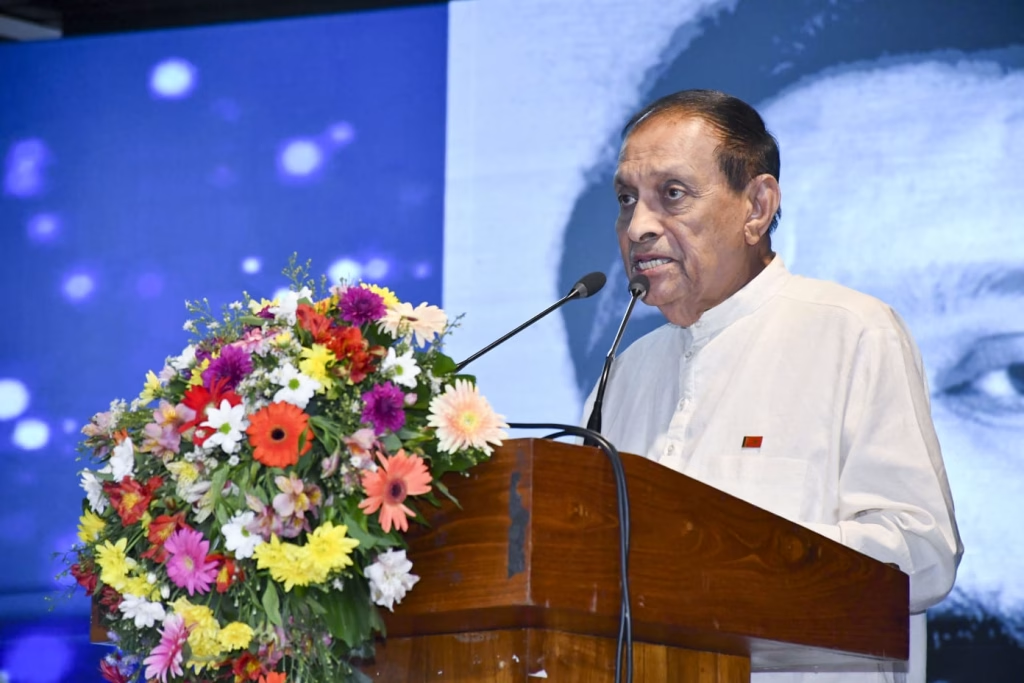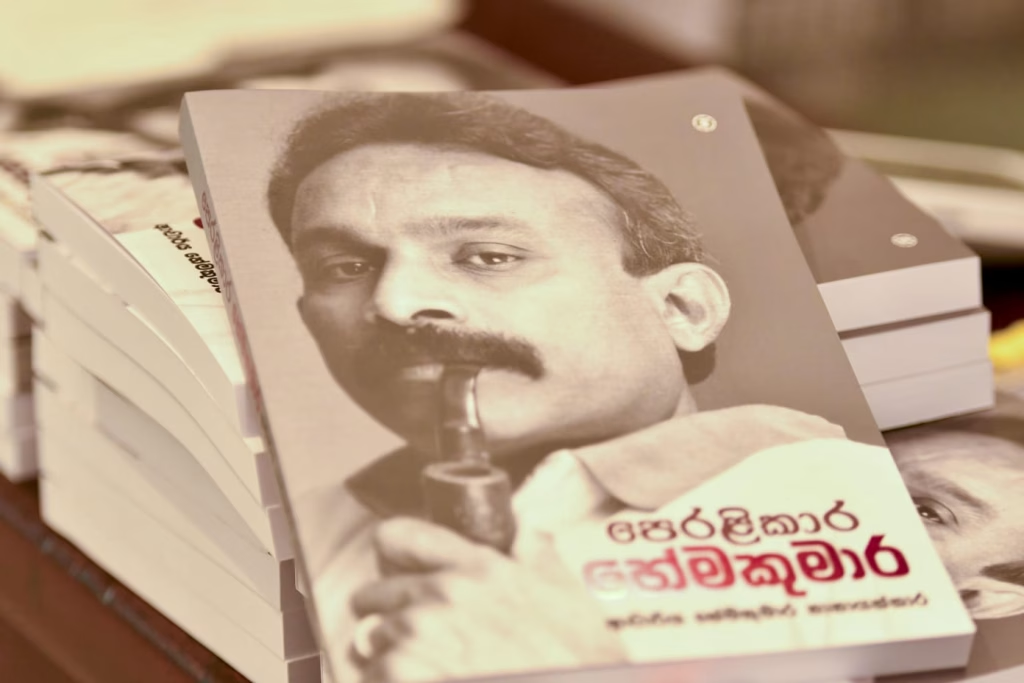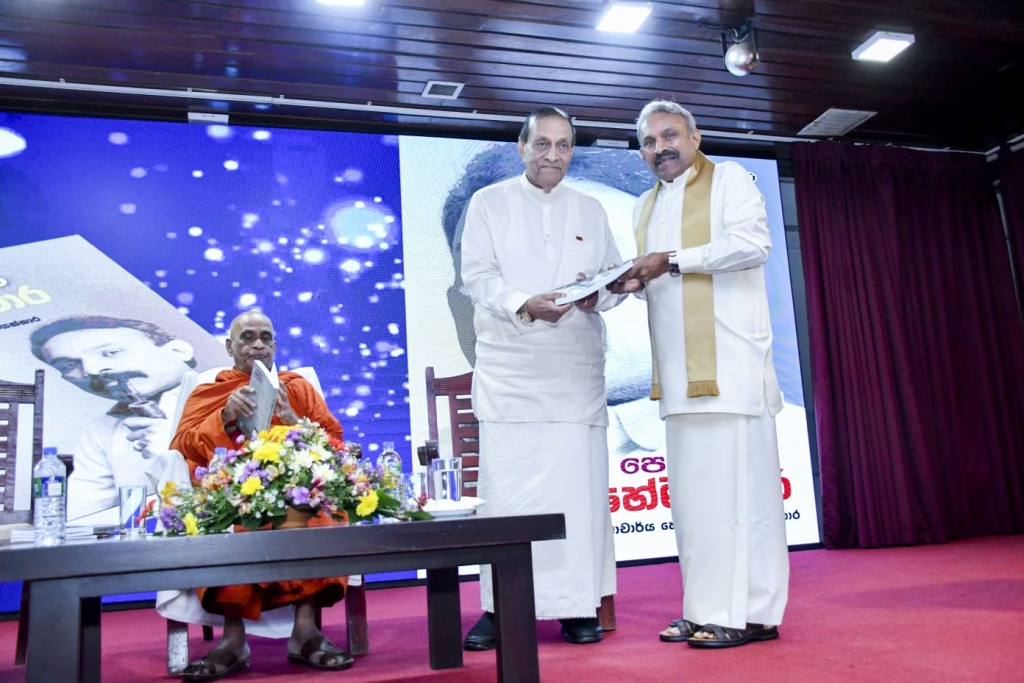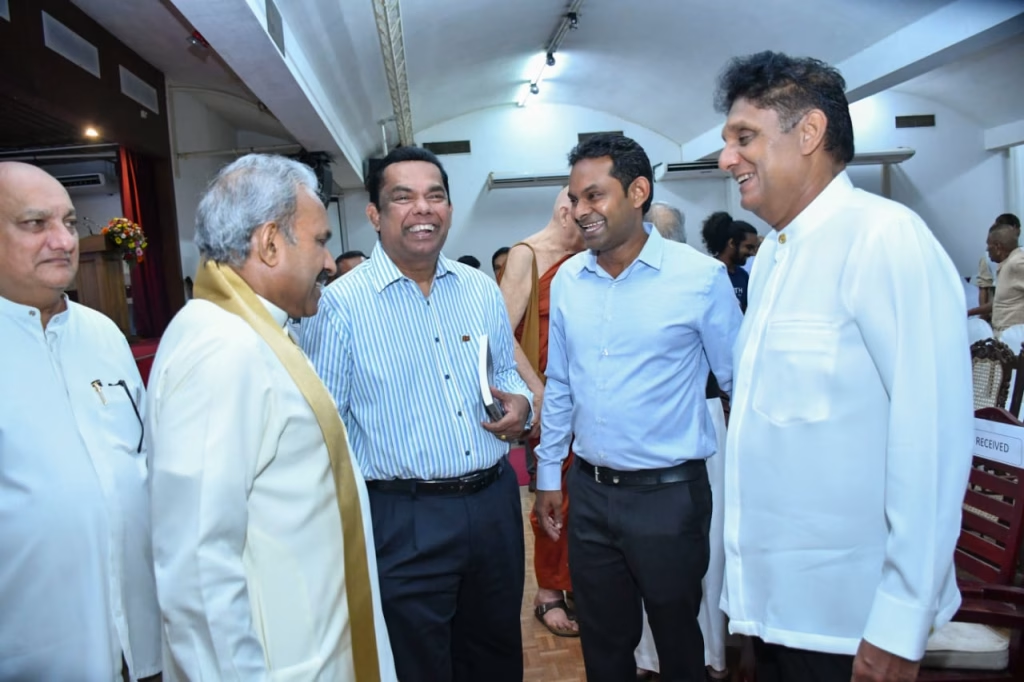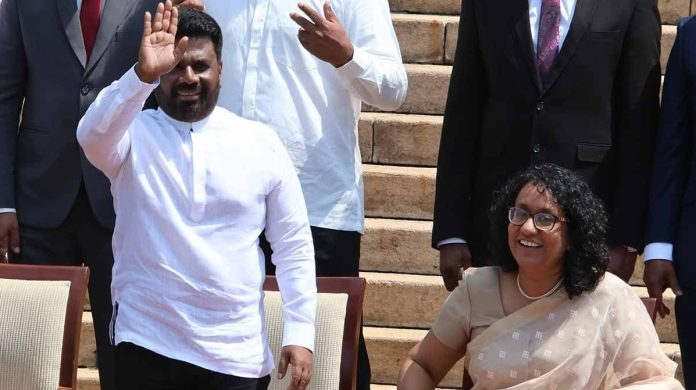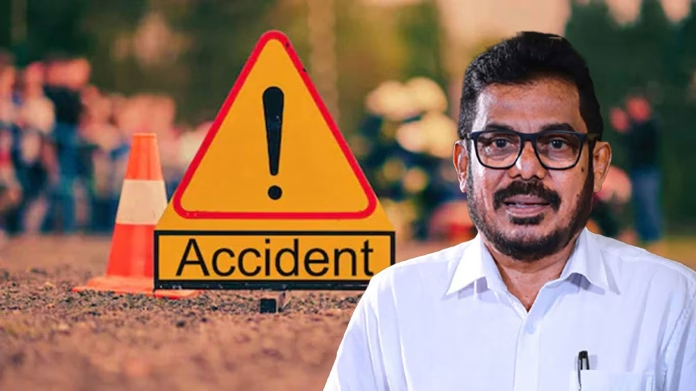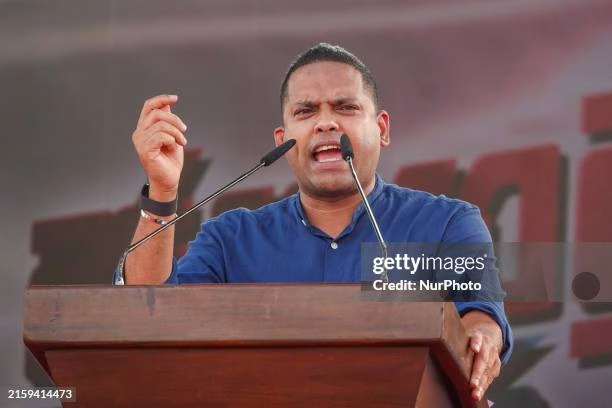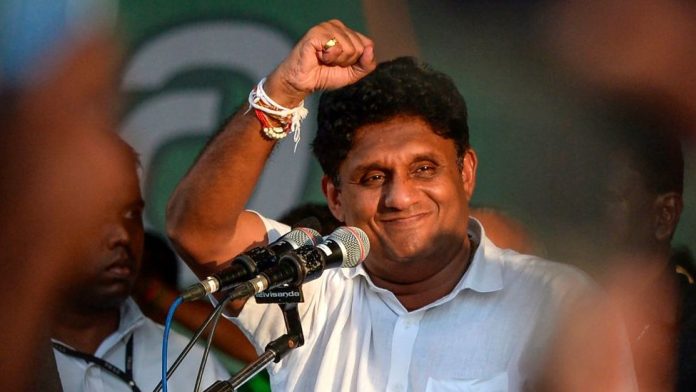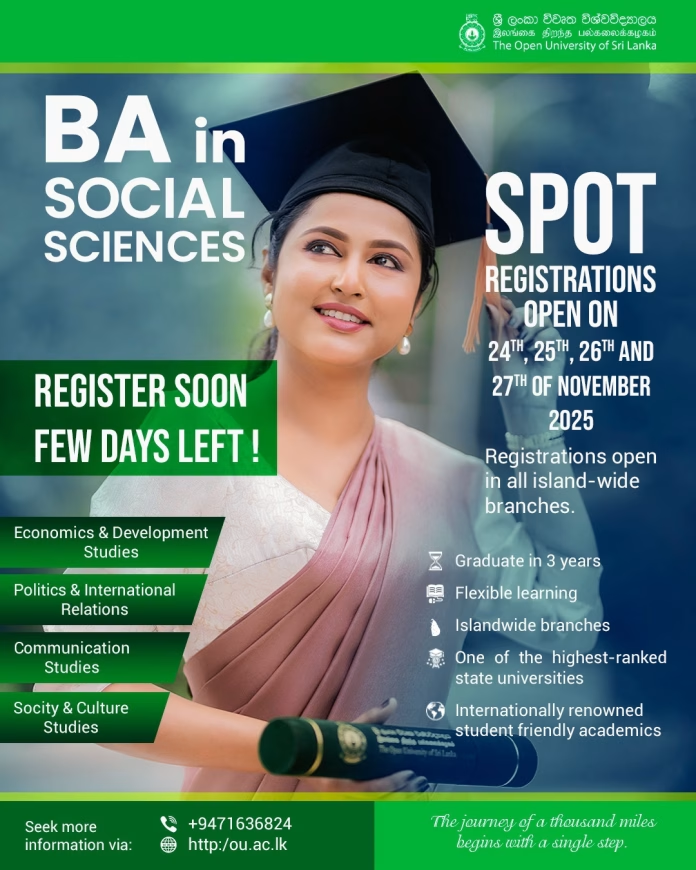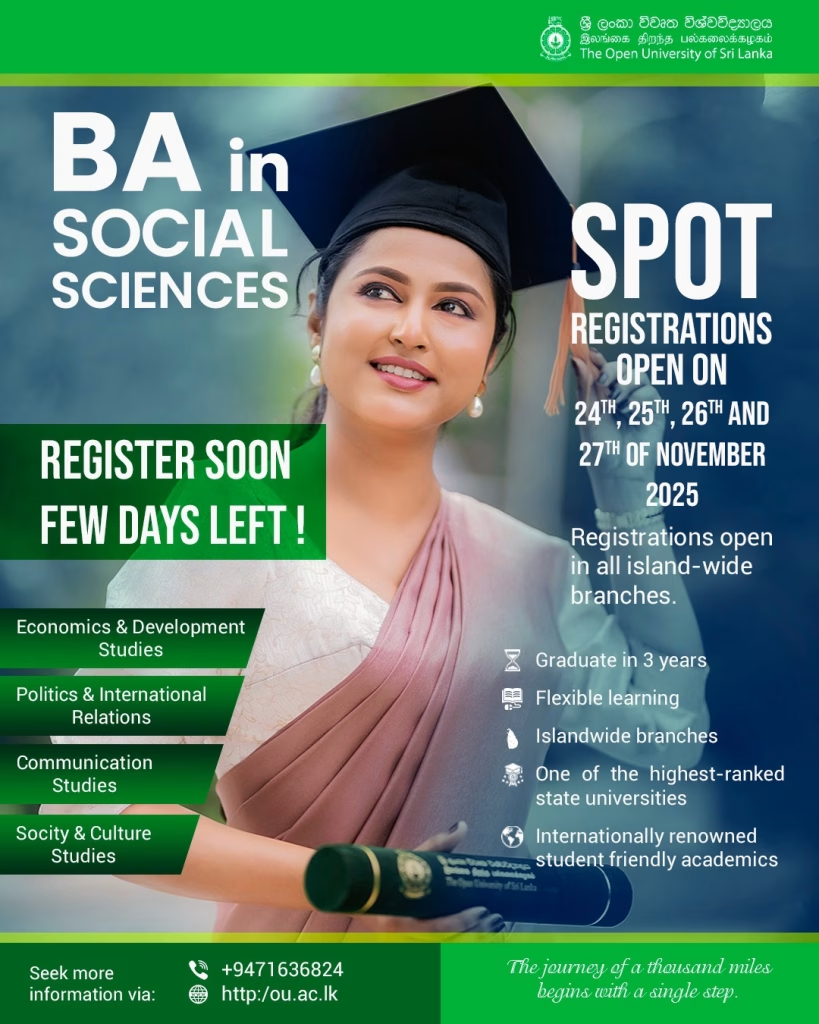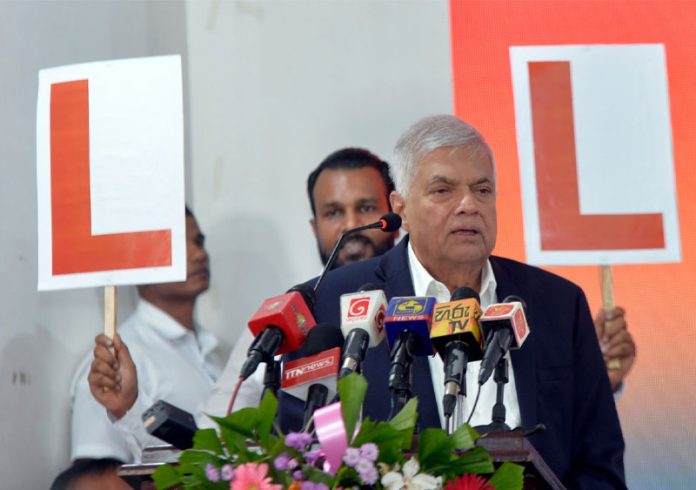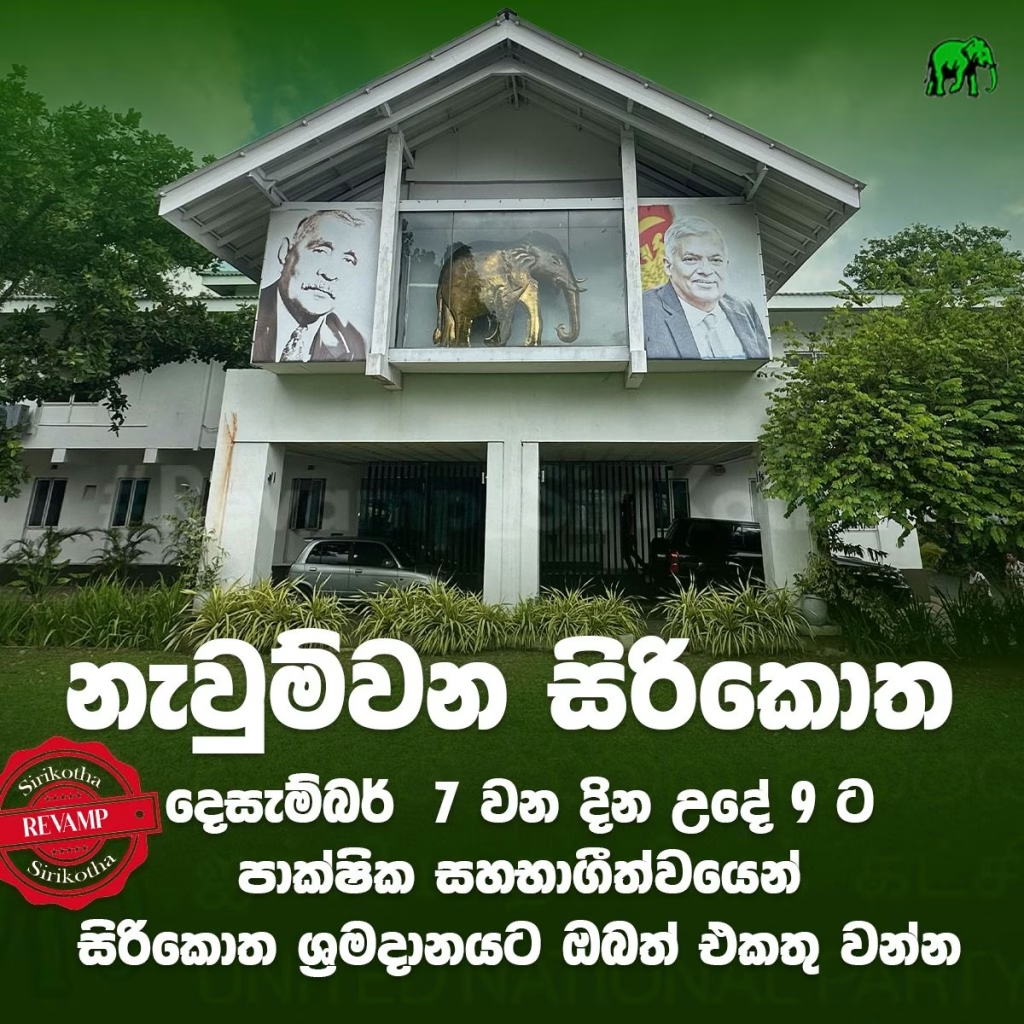Despite being elected on a promise of “System Change,” the current government is facing serious scrutiny as several incidents reveal that injustice to ordinary citizens and honest officials continues unabated.
Celebrity Accident Exposes Flaws in the Justice System
Just two months ago, a prominent teledrama actress, Ayesha Dissanayake, was involved in a serious accident at the Waters Edge car park in Battaramulla on October 20, 2025. The luxury vehicle she was driving hit a woman while reversing, causing severe injuries. The victim, who suffered broken and permanently incapacitated legs, has now made a deeply emotional revelation via her Facebook page. She alleges that due to the influence of money and power, the actress has yet to face any punishment and remains free.
The victim laments that she has been confined to her bed for two months, unable to even hold her child, and questions if the law in the “New Sri Lanka” only applies to the powerful. The accident also injured two Waters Edge employees. The actress was initially arrested and later released on bail.
Corruption Scandals Plague Romanian Embassy
While internal governance appears to be failing, a letter sent to President Anura Kumara Dissanayake and Prime Minister Harini Amarasuriya by over 40,000 Sri Lankans residing in Romania alleges that the country’s foreign missions have become hubs for traffickers.
The appeal highlights serious allegations regarding the Sri Lankan Embassy in Romania:
- Links to Traffickers: A corrupt ambassador is accused of collaborating with human traffickers, misusing state files, and leaking confidential embassy information.
- Misuse of State Assets: Embassy vehicles and official residences have allegedly been used for private affairs and human trafficking activities beyond their authorized limits.
- Illegal Detainment: A couple arriving from Dubai was reportedly held illegally inside the embassy, given access to official files at night. The community claims the Criminal Investigation Department (CID) possesses video evidence of this incident.
- Transfer of Honest Officers: The letter states that services at the embassy have been severely hampered after Miss Priyanthi Jayasundara, who spoke out against the corruption, was recalled to Sri Lanka and replaced by an official named Kaushalya, who is reportedly close to the Ambassador.
Government’s Silence Questioned
Public outrage is mounting over the government’s failure to initiate any disciplinary inquiry into the Ambassador’s serious anti-state activities, particularly as she was scheduled to retire on December 18. Citizens are asking whether the rulers, who promised “equal application of the law for all,” are now reverting to the old ways of protecting the corrupt.


